Sanitary conditions in Gaza 'worsening by the day', UNRWA warns
The United Nations Relief and Works Agency for Palestine Refugees in the Near East (UNRWA) has raised the alarm over the deteriorating sanitary conditions in the Gaza Strip, amid the Israeli regime's ongoing war against Palestinians.
In a post published on X on Monday, UNRWA said, "Sanitary conditions in #Gaza are worsening by the day. Insects and rodents can spread diseases, threatening people's health and well-being."
"UNRWA teams are working to help displaced families in shelters stop them from invading people's already crammed living spaces," it added.
Sanitary conditions in #Gaza are worsening by the day. Insects and rodents can spread diseases, threatening people's health and well being.@UNRWA teams are working to help displaced families in shelters stop them from invading people's already crammed living spaces. pic.twitter.com/ahcGcZABUz
— UNRWA (@UNRWA) September 16, 2024
Waste material piling up across Gaza after the Israeli regime seized control of the territory is another health hazard. The rubbish piling up creates an imminent or potentially serious risk to the health of any person in the area.
The Israeli forces have seized control of the Gaza Strip's two main landfills, east of the cities of Khan Younis and Gaza City.
The UN agency's chief said the first phase of the Gaza polio campaign had reached most of the children trapped in the besieged Gaza Strip.
On September 1st, the United Nations with the help of Palestinian health authorities launched a campaign to vaccinate children in the Gaza Strip against the polio virus, which can lead to paralysis or even death in young children.
UNRWA’s chief, Philippe Lazzarini, said the first phase of the polio vaccination campaign in Gaza reached 90 percent coverage as hundreds of thousands of children received the initial dose of the oral vaccine.
“Our next challenge is to provide children with their second dose at the end of September,” Lazzarini wrote in a post on X.
Lazzarini once more emphasized the urgency of an immediate ceasefire in the Palestinian land which has been under ceaseless Israeli attacks for almost a year now.
More than 400 Palestinians were killed and at least 900 were wounded during the 12 days of the vaccination campaign, according to figures from Palestinian health authorities.
The World Health Organization says that the disruption of routine immunization campaigns in the occupied Palestinian territory, including Gaza, has played a vital role in the re-emergence of the virus.
Hezbollah essential to protecting Lebanon's sovereignty: MP
VIDEO | Terrorism in Iran
Hamas holds Israel ‘fully responsible’ for safety of detained Gaza hospital director
UN special rapporteur urges boycott of Israel by medical workers
Israeli minister threatens to assassinate Yemen’s Ansarullah leader
Iran's president hopes war, genocide would end in New Year
VIDEO | On the frontlines of Humanity: Dr. Abu Safiya’s heroic stand to save lives under fire in Gaza
Sleepless in Tel Aviv: Yemen's long-range missiles rattle settlers, shake Zionist entity


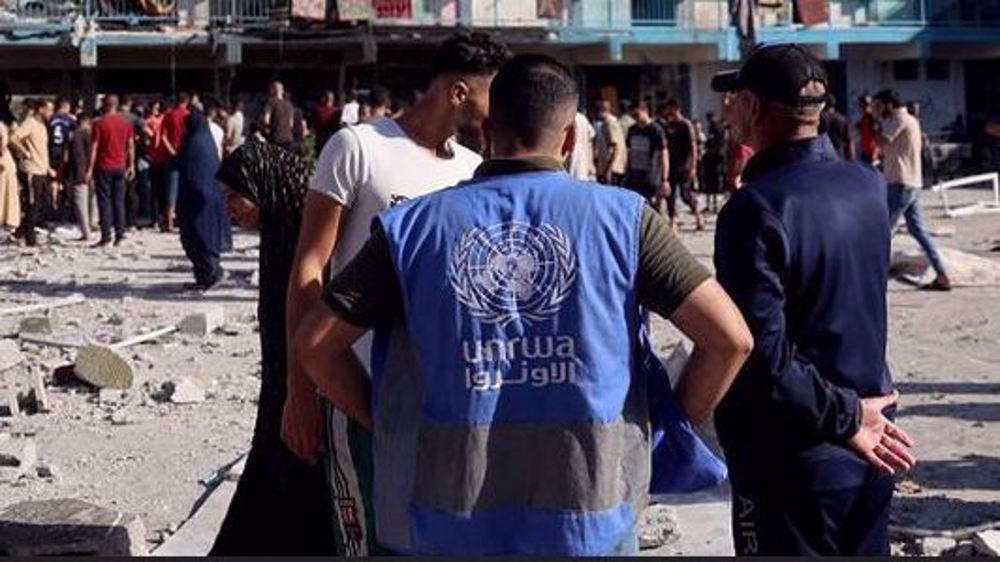
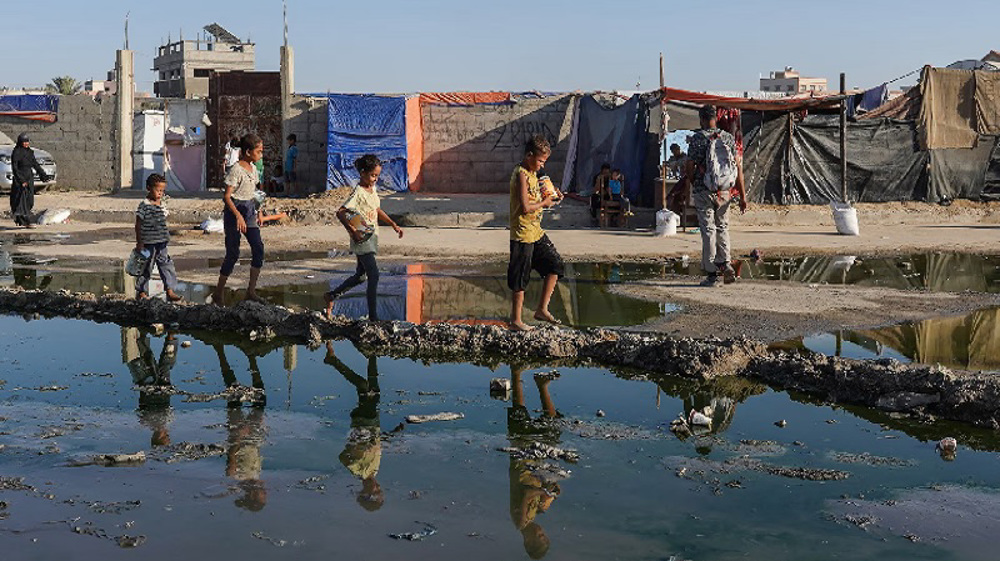
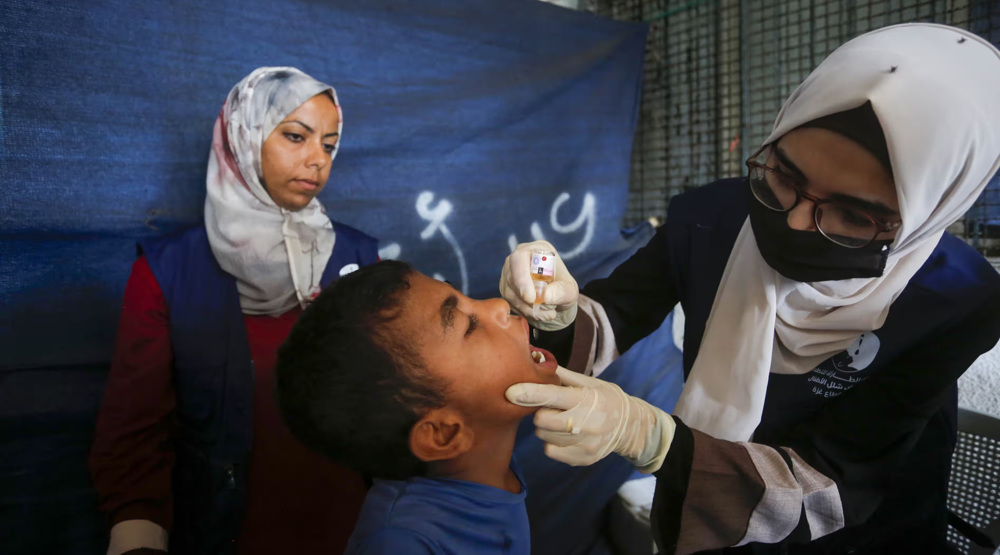
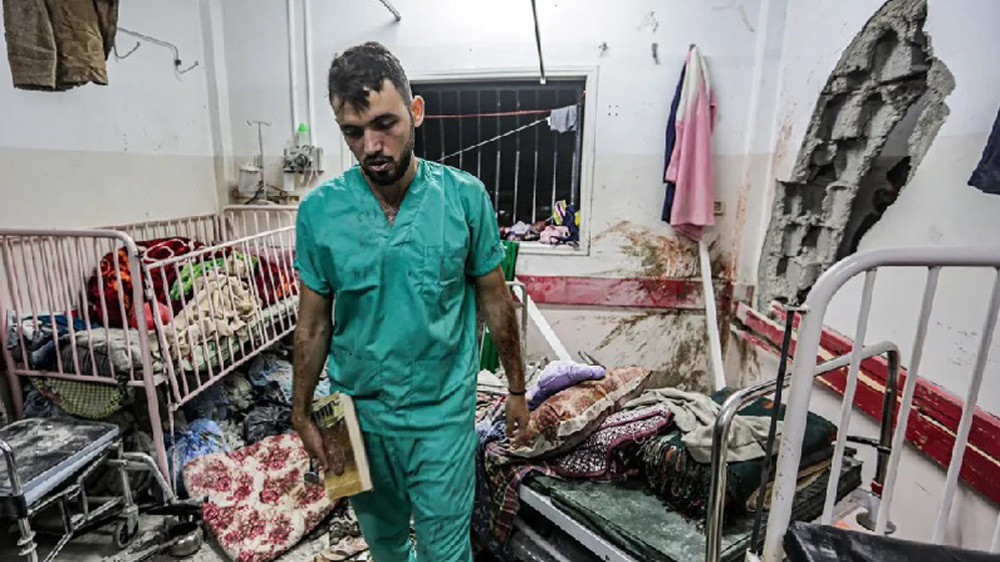
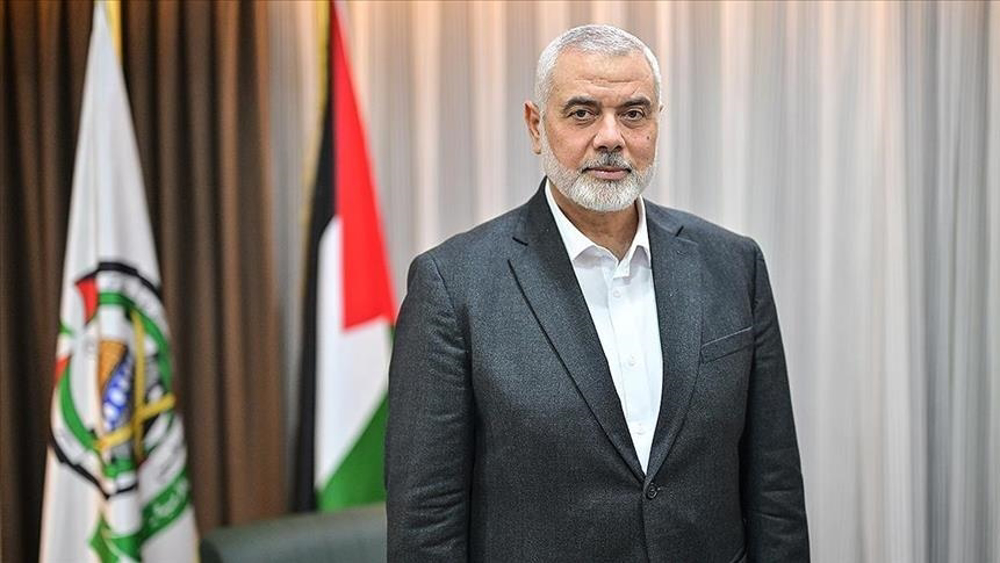
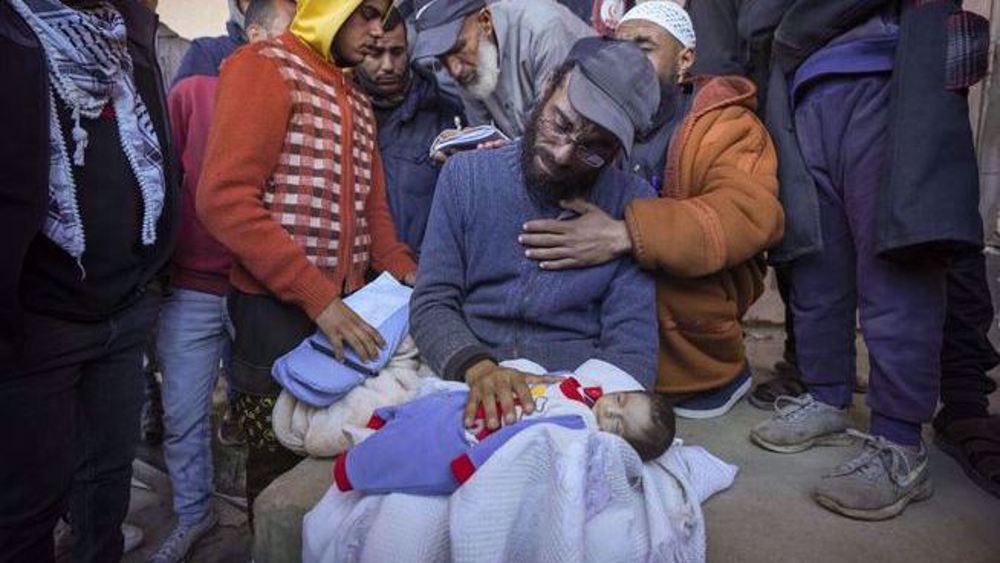



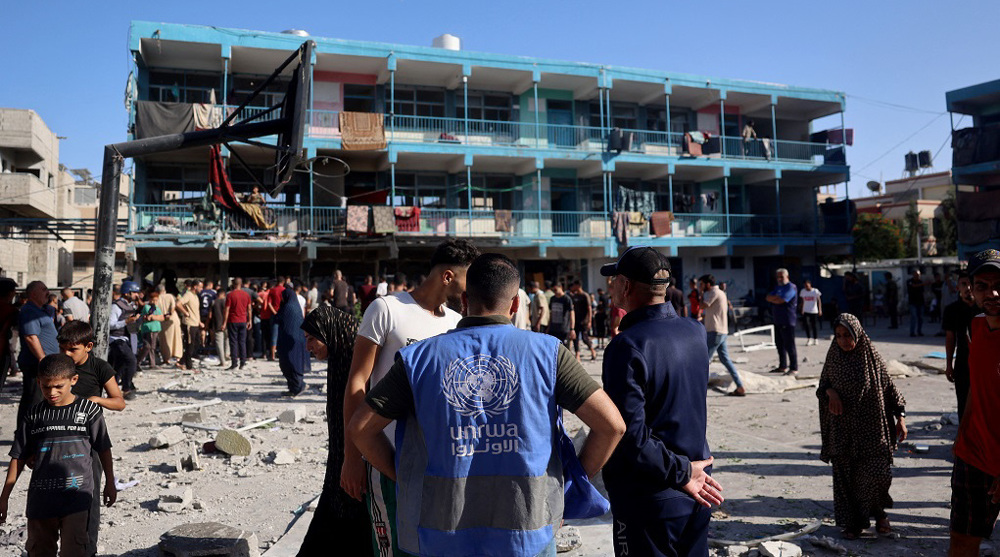
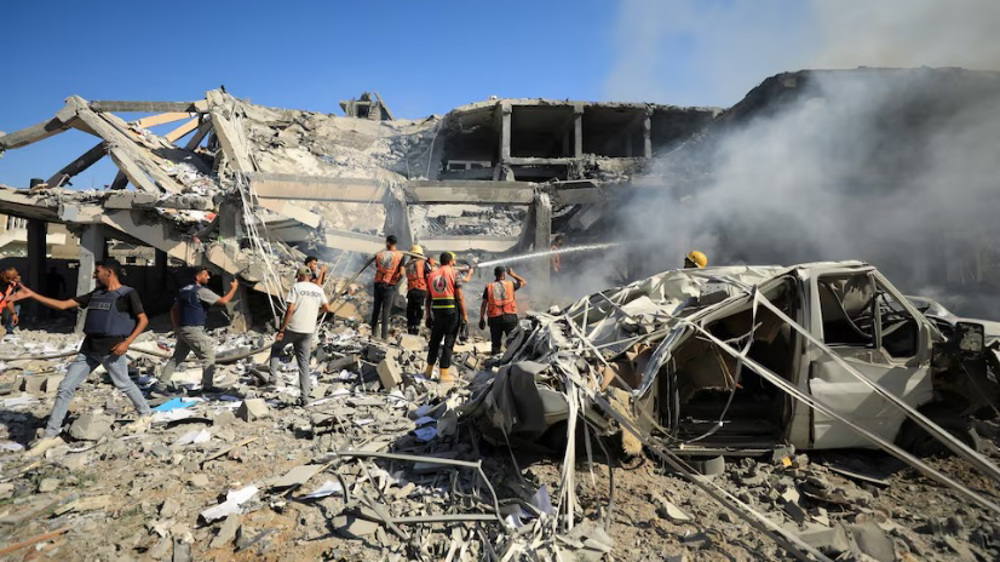
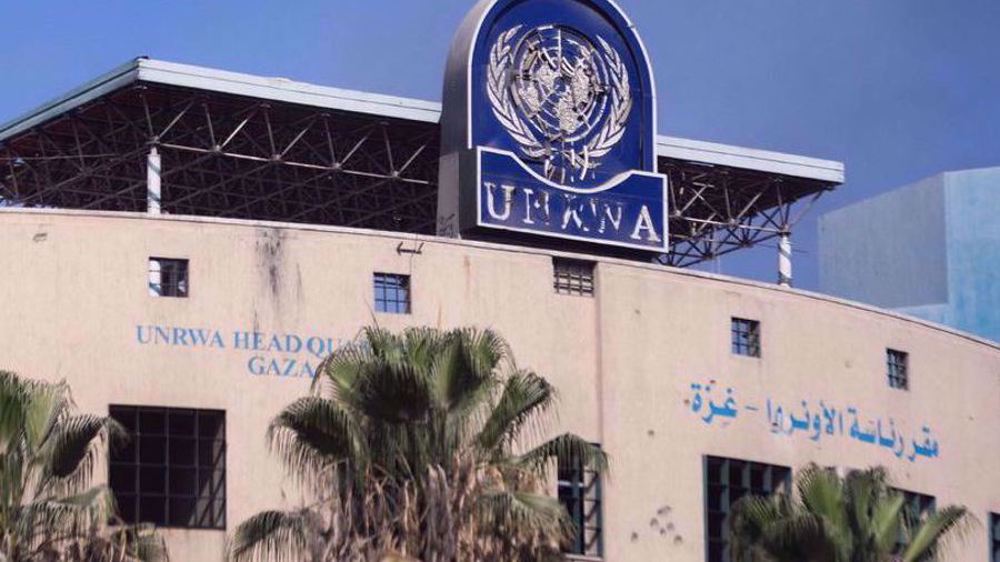
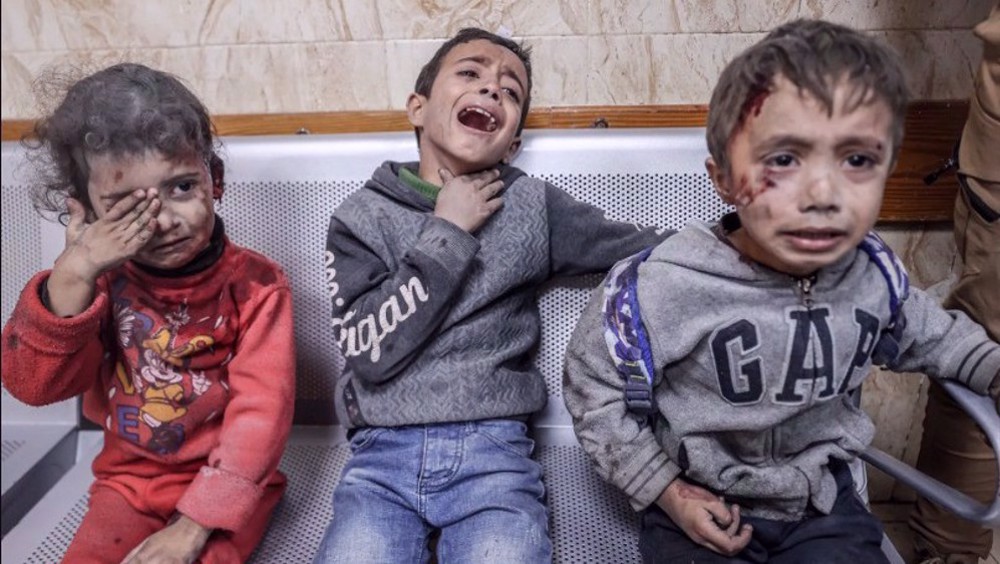
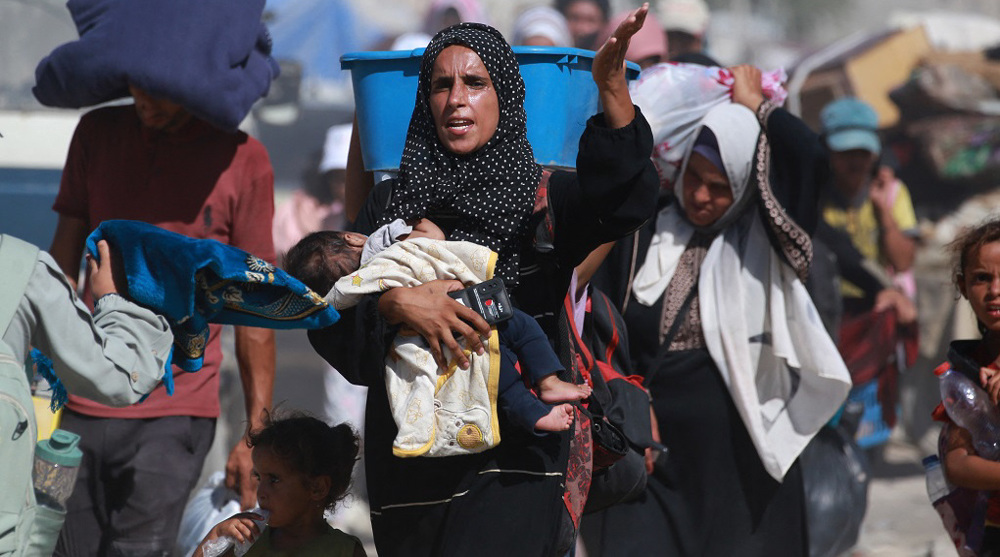

 This makes it easy to access the Press TV website
This makes it easy to access the Press TV website